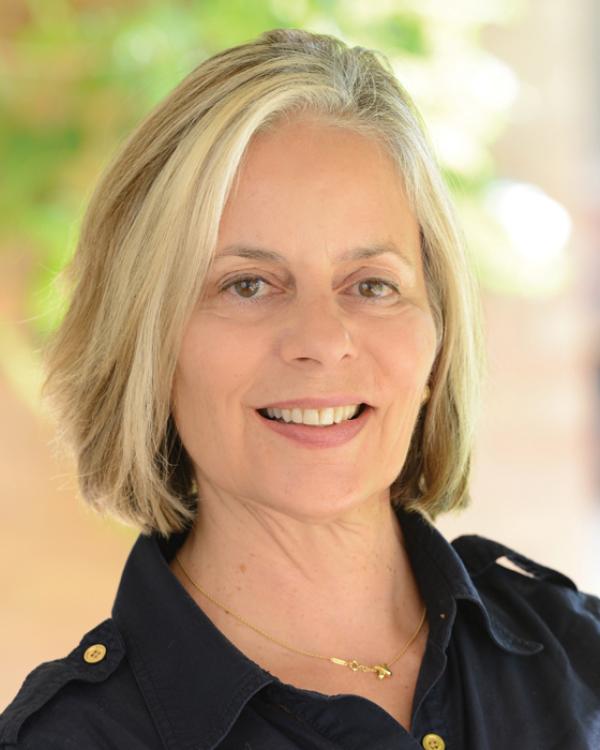
UC Santa Barbara’s Gevirtz Graduate School of Education continues this year’s “Policy Goes to School” lecture series on Monday, January 29 from 4 pm - 5 pm in the Dean’s Boardroom in the Education Building. Cassandra Guarino, Professor of Education and Public Policy, UC Riverside, will present the lecture “Are Women Taking Care of the Academic Family?” The talk is free and open to the public. The lecture series is hosted by Michael Gottfried and the Department of Education.
This talk investigates the amount of academic service performed by female versus male faculty. Guarino uses 2014 data from a large national survey of faculty at more than 140 institutions as well as 2012 data from an online annual performance reporting system for tenured and tenure–track faculty at two campuses of a large public, Midwestern University. Guarino finds evidence in both data sources that, on average, women faculty perform significantly more service than men, controlling for rank, race/ethnicity, and field or department. The analyses suggest that the male–female differential is driven more by internal service—i.e., service to the university, campus, or department—than external service—i.e., service to the local, national, and international communities—although significant heterogeneity exists across field and discipline in the way gender differentials play out.
Cassandra Guarino is Professor of Education and Public Policy at the University of California Riverside. She obtained her Ph.D. in the Economics of Education from Stanford University in 1999 with an emphasis on labor economics, and has held prior positions as an economist at the Rand Corporation and on the faculties of Michigan State and Indiana Universities. Her research focuses on teacher quality, teacher labor markets, school choice, and issues in which health and education are linked. Recent work has included several studies related to value-added measures of teacher performance, teacher effectiveness in the early grades, school choice, teacher mobility, and special needs identification. She has led numerous grants from a variety of sponsors, including the Institute of Education Sciences and various state agencies and foundation. She has taught courses in education policy, economics of education, value-added, policy analysis, quantitative research methods, school choice, and microeconomics.